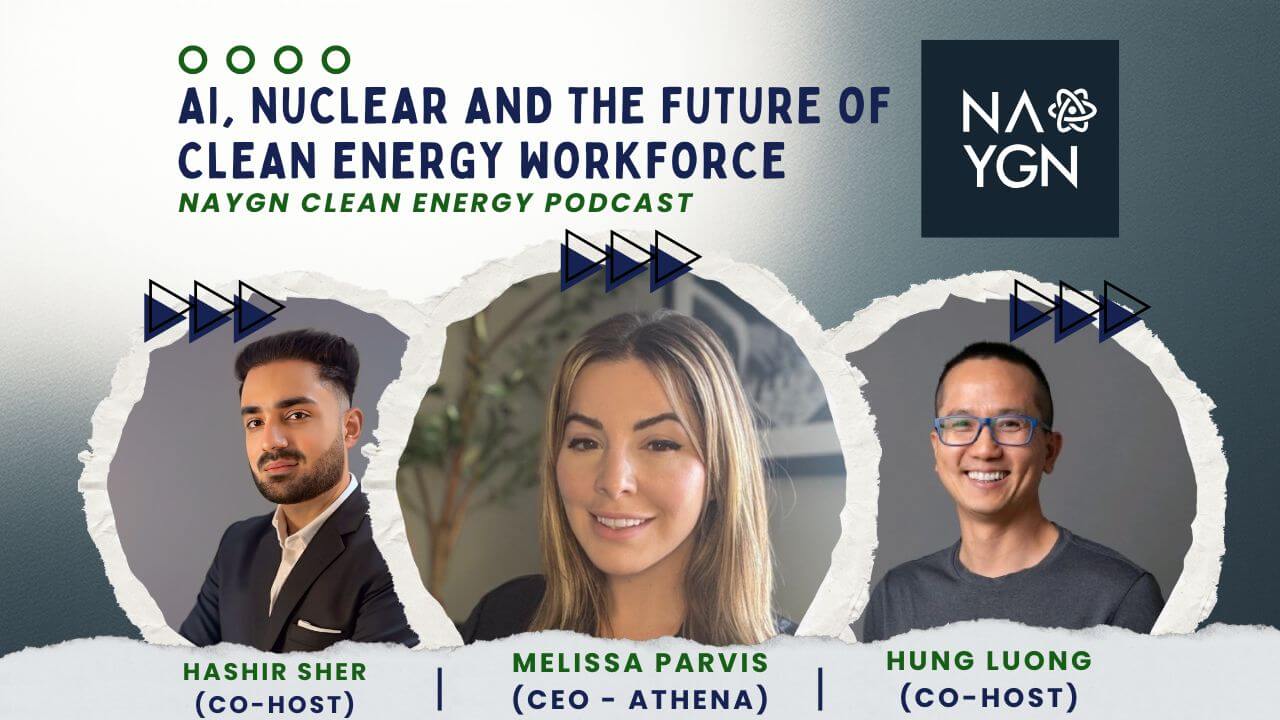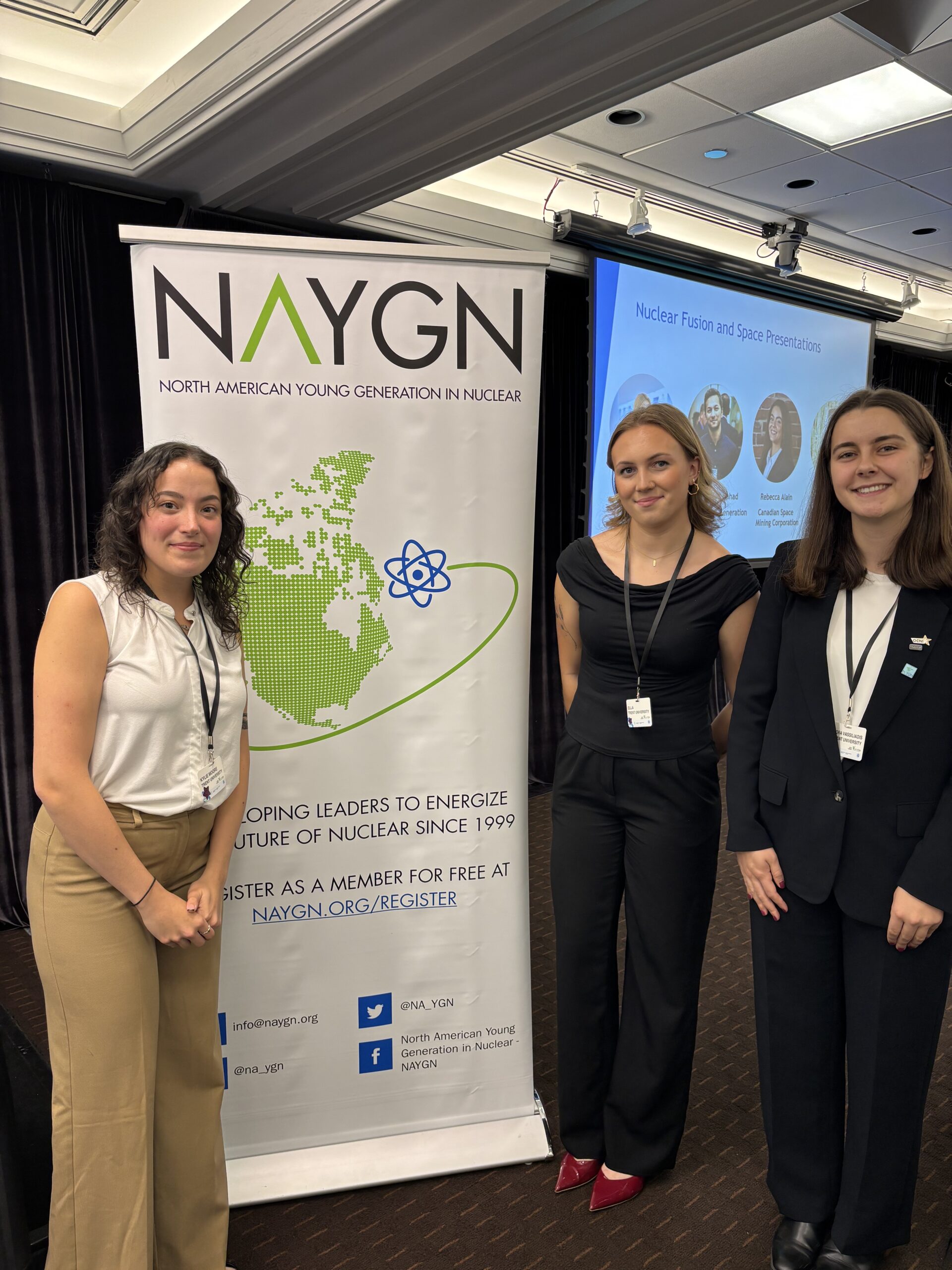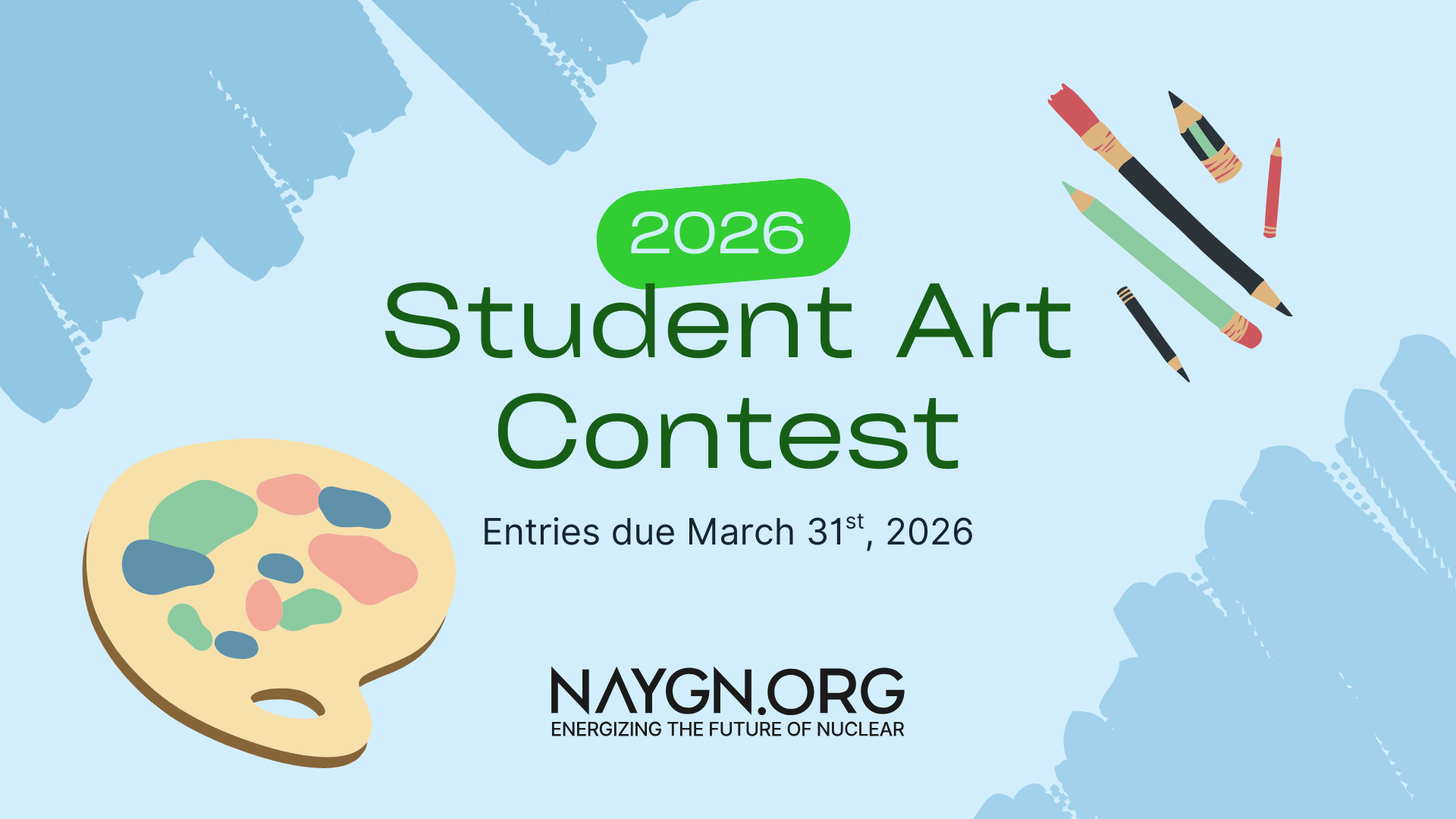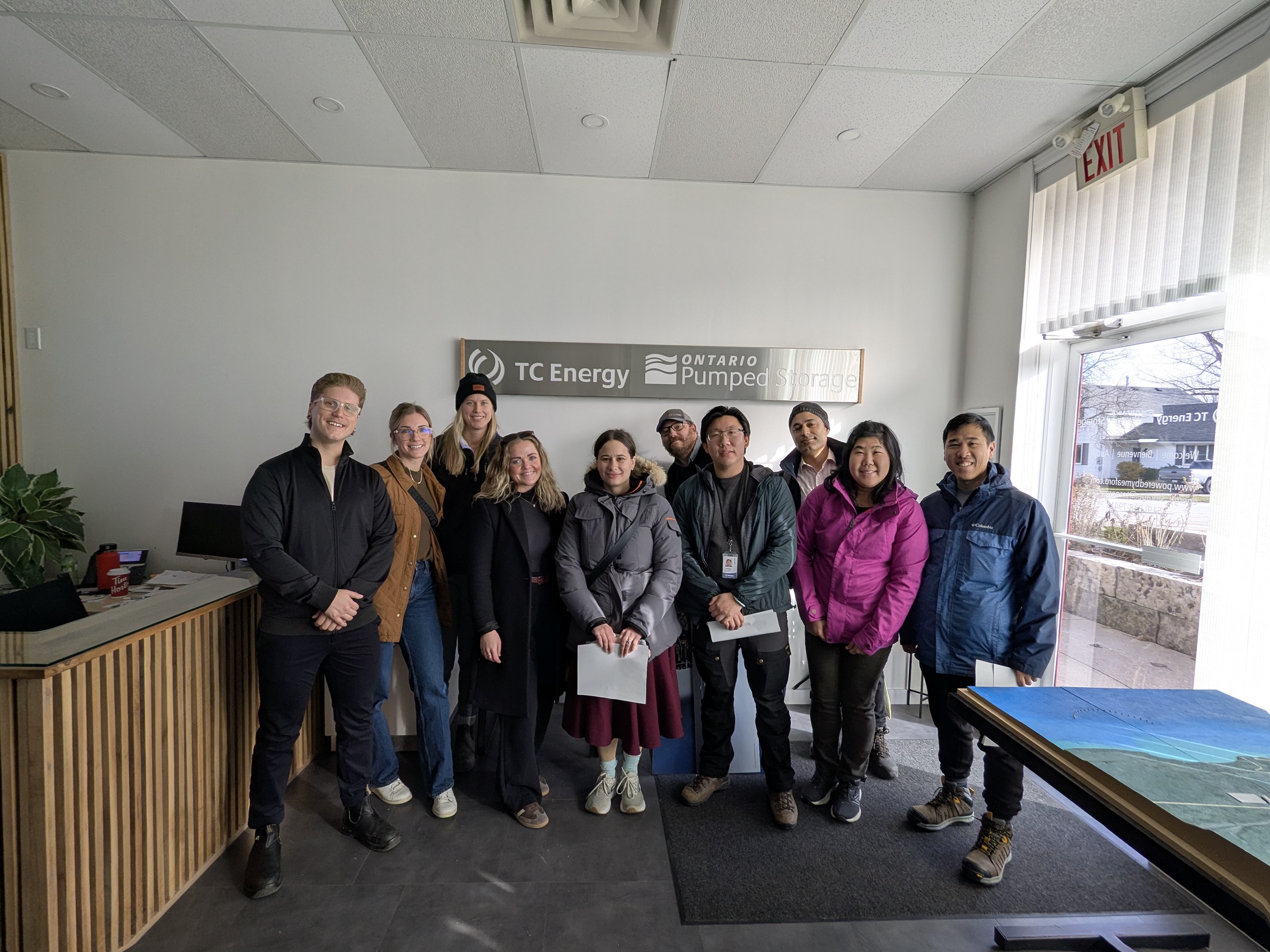University of Pittsburgh Nuclear Engineering Students Tour Beaver Valley
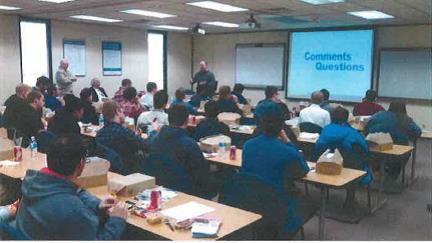
The young engineering students heard all semester about the scale of a nuclear power plant. But nothing prepared them for what they saw when they stood next to the Beaver Valley Unit 1 Turbine set.
"It is hard to grasp how massive this equipment is until you are staring up at it," said one. "Standing near the turbine and feeling the raw power generated by the plant really puts nuclear power into perspective."
For the last several years, the University of Pittsburgh has partnered with FENOC and Beaver Valley's North American Young Generation in Nuclear (NAYGN) chapter to deliver a unique on-site experience to new nuclear engineering students. Nuclear plants rarely are open to tours inside the Protected Area where plant equipment resides.
"These tours are extremely valuable," said Mark Manoleras, site director of Engineering. "It's an opportunity to expose a new generation of engineers and bright young minds to the opportunities presented by a nuclear power career."
[caption id="attachment_5423" align="aligncenter" width="432"] Mark Manoleras greets Pitt engineering students.[/caption]
Mark Manoleras greets Pitt engineering students.[/caption]
The Nuclear Engineering program at Pitt's Swanson School of Engineering has a close association with Beaver Valley. Advanced students are frequent interns at the power station. This tour is the highlight of the Introduction to Nuclear Engineering class.
"This tour is the capstone for the class," said Larry Foulke, founder and interim director of Pitt's Nuclear Engineering Program." This tour culminates all of the information our students have learned in class.
"We've had a great relationship with Pitt and Dr. Foulke," said Carmen Mancuso, manager of Design Engineering, "as well as a history of exceptional interns, many of which have become outstanding employees here on our site."
[caption id="attachment_5424" align="aligncenter" width="432"]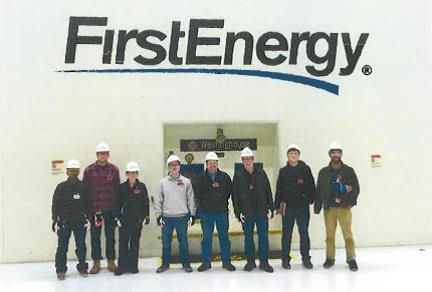 Pitt engineering students pose for a photo on the Beaver Valley Unit 1 Turbine Deck.[/caption]
Pitt engineering students pose for a photo on the Beaver Valley Unit 1 Turbine Deck.[/caption]
"The students showed great inquisitiveness and willingness to learn about nuclear power," said Carl Capen, Rapid Response engineer who coordinated the tour with other members of NAYGN. If comments from the students are any indication, the Beaver Valley guides impressed students with their dedication to and enthusiasm for the work.
"They were enthusiastic about what they do, and it showed," said another student. "I want to work in an environment where everyone feels the way they do about their jobs."
This was the final tour for Dr. Foulke, who is retiring from Pitt., but the relationship with the university will continue. "These tours and demonstrations are outstanding," said Larry. "They represent important contributions to the education of our students in nuclear science and technology."
"This tour was a great experience for all involved," said Carl. "I'd like to thank our staff for their professionalism and demonstration of pride in our company and our industry. From the reaction of the students, I can tell that the future of our industry is in good hands."
